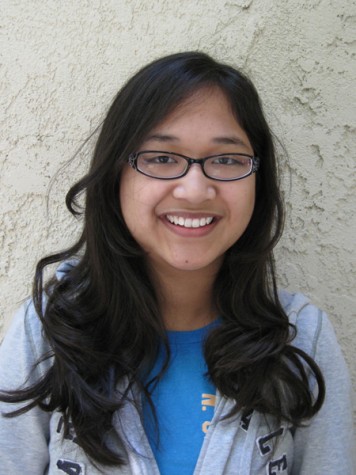The college will implement a new block schedule this fall that will reduce the number of minutes classes meet each week and condense meetings into fewer days.
One of the ways GCC receives funding is based on the number of minutes that classes are taught. The current scheduling of courses allows for the college to receive more funding from the state.
Three-unit classes at Glendale currently meet for 183 minutes per week. The new schedule will reduce the meeting time for three-unit classes to 170 minutes per week.
“[The state] used to have to pay us for those extra minutes and [now] they don’t want to,” said Peter Stathis, math professor and member of the block scheduling task force at Glendale.
The state feels that GCC is getting more than enough funding with the way classes are scheduled, according to Ron Nakasone, interim vice president of administrative services. This is part of the reason the college will implement a new block format in the fall.
Glendale currently has 2,400 full-time equivalent students (FTES) for which it receives no funding. The number of FTES is calculated based on several factors, including the number of minutes classes are taught. Student enrollment isn’t necessarily expected to decrease in the upcoming semester, but due to less class time in the new block format, at least one factor used to calculate FTES will decrease. In turn, the college anticipates a 7 to 8 percent reduction in FTES.
As a result of shorter meeting times, classes in the fall will generally be scheduled for longer time blocks. One of the ways three-unit courses currently meet is in 61-minute time blocks three days per week. With the new format, most three-unit classes will meet for 85 minutes twice a week, typically on Mondays and Wednesdays or Tuesdays and Thursdays.
“[Students are] not going to see too many Monday-Wednesday-Friday classes,” said Mary Mirch, interim vice president of instructional services.
However, there will still be classes that meet on a third day or on Fridays.
“For classes with associated labs, the lab might be on the third day,” said Mirch. Certain three-unit classes may also meet once a week on Fridays.
Four and five-unit classes, which won’t easily fit into a two-day time frame, “may be offered in various ways,” according to Mirch, “so [we] can’t really say there aren’t going to be three-day classes because there will.”
“[The Chancellor’s Office wants] to make all of the colleges uniform [in class scheduling] and every college had different systems,” said Stathis. “The 61-minute [block] was a bit of a problem for them, so they’re trying to get [Glendale] using the same model [as others] with this 85-minute block.”
The change is expected to positively impact the learning environment at the college, as it allows for more to be accomplished in a single class.
“[The new schedule] is more conducive to learning,” said Mike Dulay, social sciences division chair, because “[there’s] more opportunity to do things in class.
“If an instructor showed a film in class, they’d have time to discuss it afterwards,” he said, whereas there may not be time for discussions in one-hour classes.
The change, made in part due to fiscal reasons, was also made to allow the California Community Colleges Chancellor’s Office to more easily monitor the schedules of community colleges.
The majority of the community colleges already follow a block schedule similar to the one Glendale will implement in the fall.
The new scheduling has also resulted in a new time for GCC’s activity hour, which is currently slated from noon to 1 p.m. on Tuesdays and Thursdays. In the fall semester the hour will be on Monday through Thursday and run for 70 minutes, but will begin at 12:20 and run until 1:30 p.m.
To accommodate the new time blocks, the hour has been moved 20 minutes later. The block scheduling task force originally considered moving the hour to 1 p.m., however, the ASGCC fought to keep it as close to the current time slot as possible.
“We figured if we have [the activity hour] at [noon] then [students] can have their lunch and stay on campus and join in on the activities,” said Yna Mokhtarians, ASGCC vice president of campus activities. “If [the hour is] at [1 p.m.], some people might have already eaten lunch, and then go home.”
A positive outcome of the new time slot for activities is that the hour will run from Monday through Thursday next semester.
“This way we can [serve] both [those] that come to school on Mondays and Wednesdays and people that come to school on Tuesdays and Thursdays,” said Mokhtarians.-
The fall 2010 semester begins on Aug. 30 and will run through Dec. 15.

